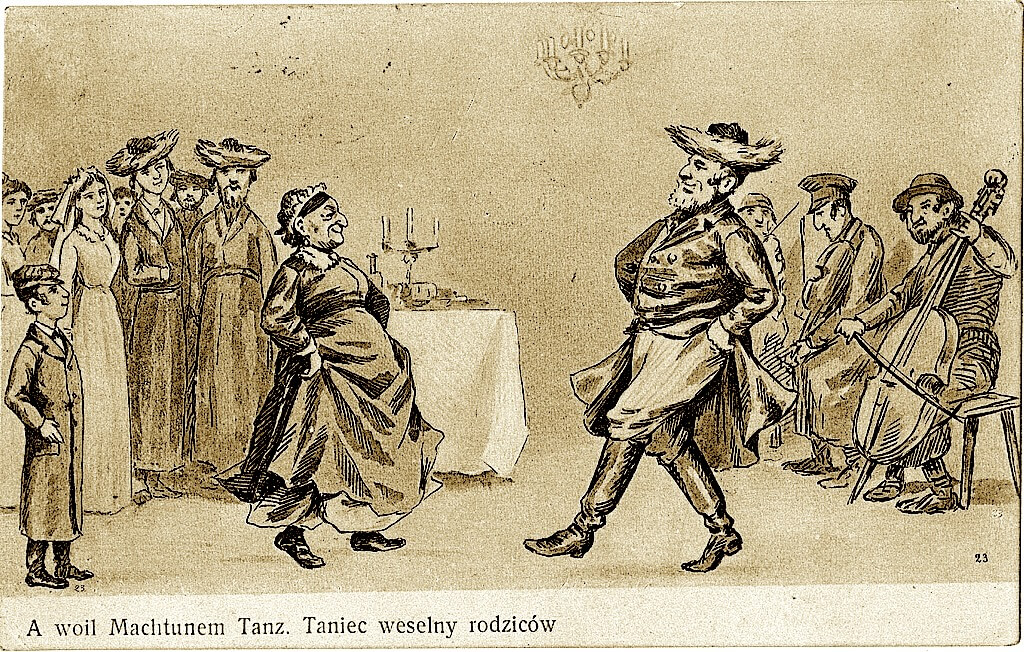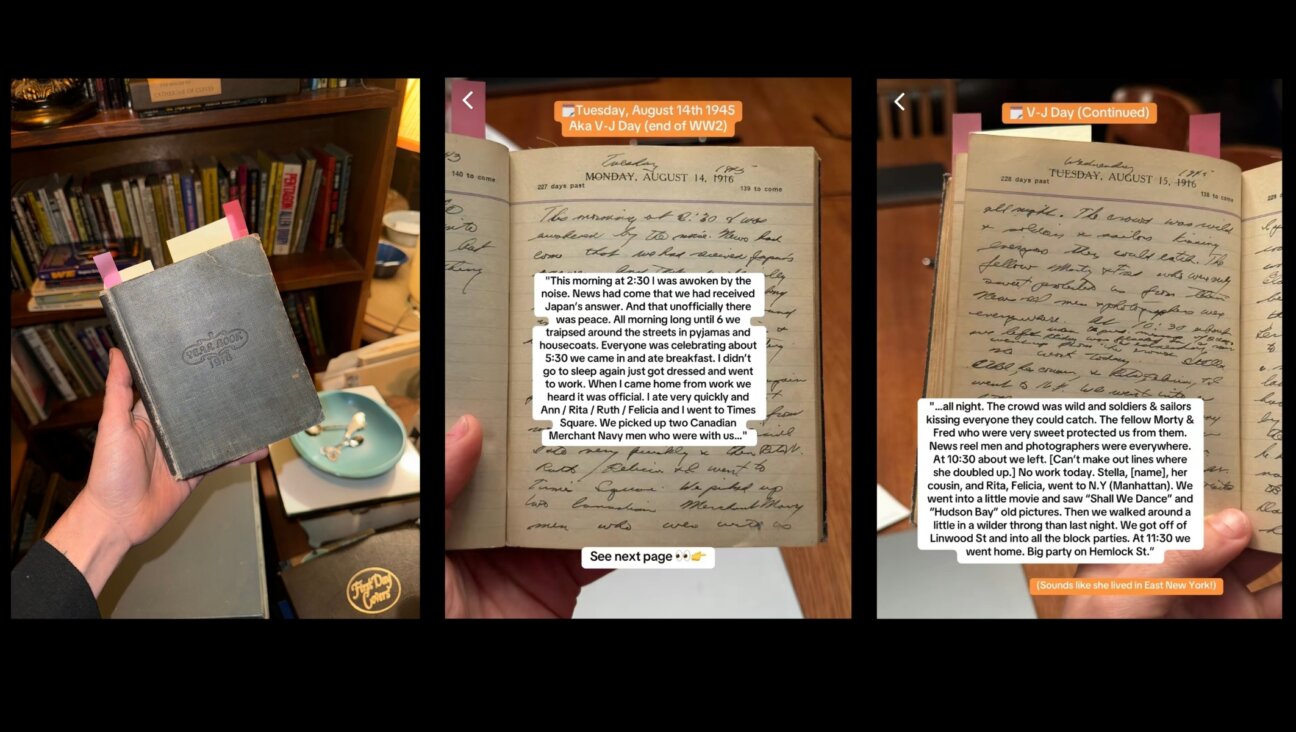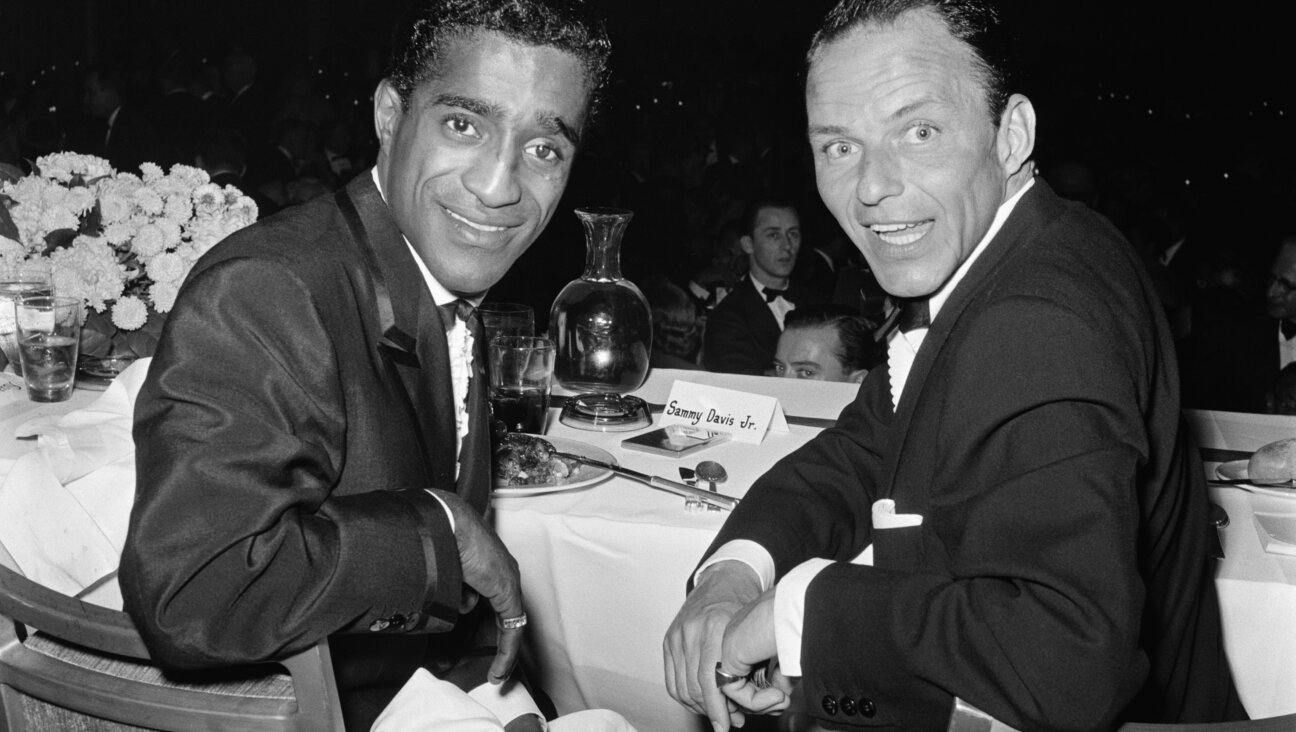Romania Jewish Theater Struggles To Rebuild After Snowy Roof Collapse

Image by wikimedia
(JTA) When secret police opened fire on protesters near her home, Maia Morgenstern headed for the Jewish State Theater.
It was 1989 and Morgenstern, then 27, and a few of her friends took refuge in the theater as protesters outside clashed with forces loyal to Romanian dictator Nicolae Ceausescu. Hundreds died in two weeks of chaos that culminated with Ceausescu’s execution and the end of decades of communist tyranny.
For Morgenstern and her friends, the theater was a natural destination amid the chaos. Between the bunker-like walls of its 19th-century building, Romanian Jews have historically found a rare space in which they could come together as a community even during their country’s bloodiest periods.
“It was my second home,” said Morgenstern, who became the institution’s manager in 2012. “We went there because it offered us a sense of safety.”
Throughout Romania’s tumultuous 20th-century history, the Jewish State Theater remained open and Jewish, providing the capital’s Jewish community an island of sanity and a sense of continuity through difficult times.
More recently, the theater has become a cultural bridge, attracting large non-Jewish crowds to its Yiddish-language performances, an unlikely development made possible by simultaneous translation technologies and Morgenstern’s star status. As an actress, Morgenstern has appeared in dozens of Romanian films and television shows and, in 2004, came to the attention of English-speaking audiences when she portrayed Mary in Mel Gibson’s “The Passion of the Christ.”
But the institution’s future was plunged into uncertainty last month after a snowstorm destroyed parts of its dilapidated roof and interrupted performances for the first time in decades. The theater is now mounting a campaign to repair the structure and ensure the institution’s survival. Earlier this month, a cast of 20 performed the comedy “Mazl Tov and Justice for All” on the street in front of the theater to raise awareness about its plight.
“This show is meant to be a warning to public opinion but also for the authorities,” said a statement announcing the show. “Do not let a theater with a unique tradition and identity disappear from Europe’s cultural landscape because of carelessness.”
The Bucharest city council has promised to repair the theater. Legally, it is required to do so, as the building is registered as a national monument. But Morgenstern is skeptical. She says the council had made repeated promises to upgrade the building before the accident, but nothing happened.
Complicating matters is that the building was neglected for so long that merely repairing the roof won’t suffice. Morgenstern points to deep cracks that crisscross the ceiling, pillars and beams. The cost of fixing it all is estimated at several million dollars.
“The building is so rundown that a renovation won’t do,” Morgenstern said. “It needs restoration, not renovation.”
On Jan. 25, about 80 square yards of the theater’s roof caved in under snow, producing a cascade of moisture that destroyed the building’s old wood floor. The theater suspended shows, which had been running every other day.
Before the roof collapse, the theater had a mostly non-Jewish cast who performed 70 percent of their shows in Yiddish before a predominantly non-Jewish crowd. Attendance jumped over the past year from 50 audience members a week to roughly 500. Staff say this was made possible by Morgenstern’s outreach to non-Jews and her celebrity status.
Romanian leaders had long visited the theater on Jewish holidays as a gesture of closeness to the Jewish community. But Morgenstern wanted ordinary Romanians to come. She enlisted support from friends in the entertainment industry and launched a public relations campaign that helped raise the theater’s profile among non-Jewish patrons.
Morgenstern also drew non-Jewish acting students to the theater, helping them hone their craft at a private acting academy. Some students began performing at the theater and are now part of the rescue campaign, giving interviews to local and international media.
“I think it would be a tragedy for all Romanians if this place is lost,” said Irina Varius, an 18-year-old, non-Jewish acting student who rehearses at the theater every day.
During the Holocaust, the theater’s importance grew for Bucharest’s Jews because it was the only Jewish cultural institution left standing. It was also the only venue open to dozens of Jewish actors, among them some of the greatest names in Romanian theater. Artists like playwright Moni Ghelerter and director Alexanderu Finti had been barred from working elsewhere because of racist laws passed under Romanian leader Ion Antonescu. About half a million Romanian Jews perished in the Holocaust, but Bucharest’s 100,000 Jews were never deported or harmed.
“Throughout the Holocaust era, Jewish theater professionals continued to work at the Jewish theater, turning the theater into a pillar of civil society for Jews,” according to Liviu Rotman, a Jewish historian at the National University for Political Science.
The theater was originally established in the city of Iasi and is among Europe’s earliest Yiddish-language institutions, according to Rotman. The theater’s current building in Bucharest served as a Jewish community center until 1941, when it became the home of the Jewish theater, later renamed the Jewish State Theater.
For the moment, rehearsals for planned shows continue in rooms unaffected by the roof collapse. The result is a soundtrack that combines rejuvenation with decay as the sounds of wind and water gushing in through the roof mix with the young voices of actors trying to wrap their tongues around Yiddish songs they barely understand and may never get to perform. Theater leaders hope the shows might still be staged at temporary venues.
“Like the Jewish people, the theater must remain practicing — even in exile,” says Andrei Munteanu, the theater’s Moldova-born director.
Under Ceausescu, the building was condemned as part of his plan to modernize Bucharest. Shortly before his ouster, he sent bulldozers to destroy other monumental buildings around the theater, including a synagogue and an Orthodox church.
Rotman believes Ceuasescu planned to demolish the theater but didn’t get to it in time. But to Morgenstern, the theater’s survival 25 years ago means it can cheat death once more.
“During the revolution, we came here amid heaps of earth and craters all around,” she recalled. “The theater towered above the ruins like a sole survivor of a bombardment. It’s got one more narrow escape in it yet.”
A message from our Publisher & CEO Rachel Fishman Feddersen

I hope you appreciated this article. Before you go, I’d like to ask you to please support the Forward’s award-winning, nonprofit journalism during this critical time.
We’ve set a goal to raise $260,000 by December 31. That’s an ambitious goal, but one that will give us the resources we need to invest in the high quality news, opinion, analysis and cultural coverage that isn’t available anywhere else.
If you feel inspired to make an impact, now is the time to give something back. Join us as a member at your most generous level.
— Rachel Fishman Feddersen, Publisher and CEO






















